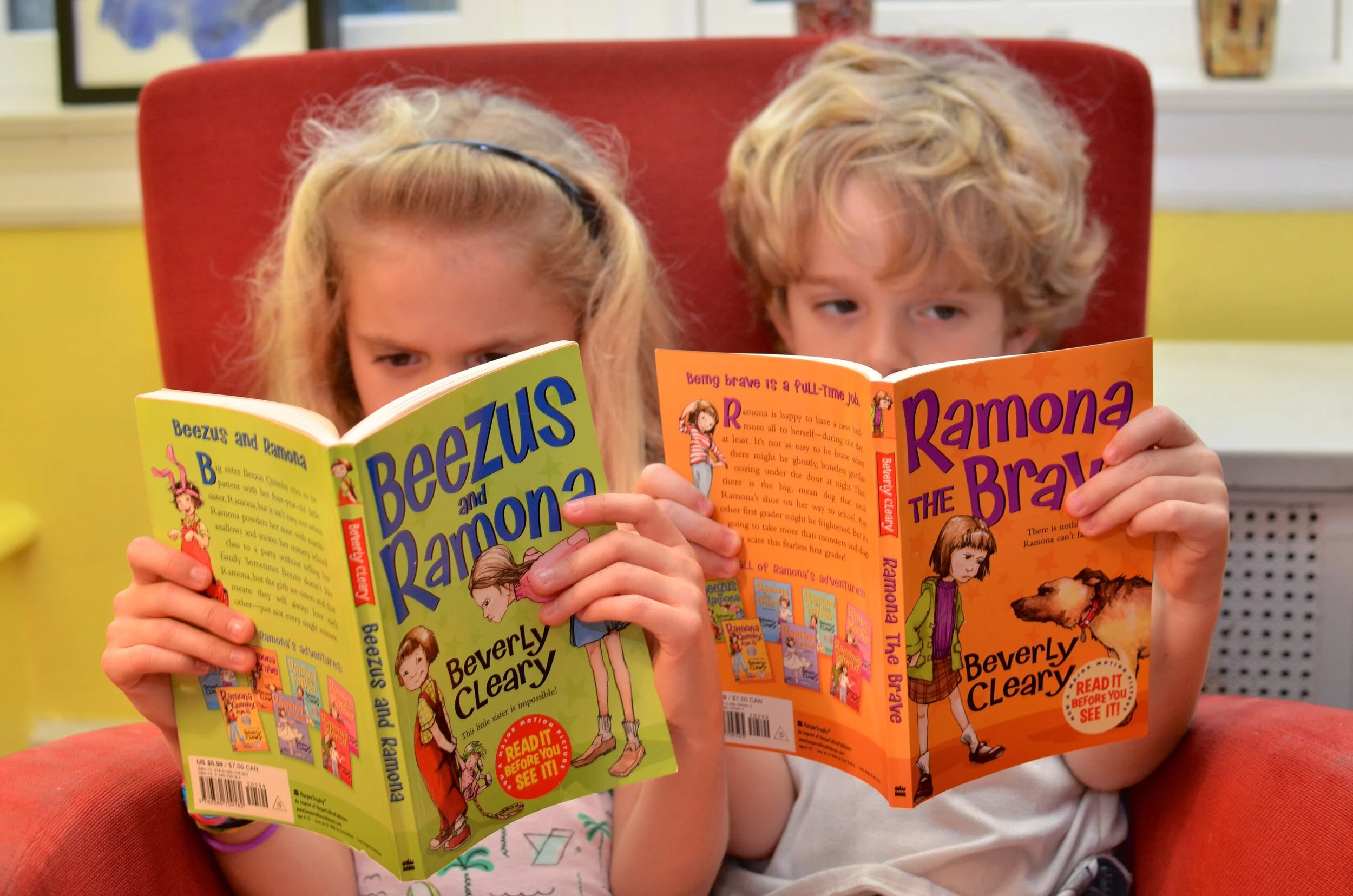The literary organization The Tolkien Society, founded around a half-century ago, is dedicated to promoting the life and works of the British scholar and author of the high fantasy novel “The Lord of the Rings,” J.R.R. Tolkien. Since 1986, the Society has held an annual short summer conference consisting of academic talks and panel discussions on a Tolkien-related theme. The 2021 Summer Seminar, titled “Tolkien and Diversity,” was held live via Zoom on July 3 and July 4. The conference, free to the public, hosted more than 500 attendees from 42 countries. The theme of diversity received backlash from right-wing political commentators who accused the society of going “woke.”
French-Senegalese author David Diop wins International Booker Prize for ‘At Night All Blood Is Black’
On June 2, the International Booker Prize for translated fiction was awarded to French-Senegalese novelist and academic David Diop for his sophomore novel, “At Night All Blood is Black,” and to the book’s American translator, Anna Moschovakis. The novel was selected from a shortlist of six books by majority vote from a five judge panel. This year’s winners were announced virtually via livestream inside the historic Coventry Cathedral in the West Midlands of England. It was the first time the ceremony took place outside of London.
Beloved children’s author Beverly Cleary dies at 104
On March 25, award-winning children’s author Beverly Cleary died in Carmel Valley, California, at the age of 104. She is perhaps best known for her series of books about sisters Ramona and Beatrice “Beezus” Quimby growing up in small-town America. The HarperCollins press release about Cleary’s death praised her for “setting a standard for realistic children’s fiction” through the publication of over 40 books, adding, “Cleary has also inspired authors, including Judy Blume, to deal with the real issues in young readers’ lives.”
Mount Holyoke holds 98th Glascock Poetry Contest on the virtual stage
Mount Holyoke held the 98th Kathryn Irene Glascock Intercollegiate Poetry Contest from March 25 to March 27. Normally held in Gamble Auditorium, this year’s competition was held virtually on Zoom due to the ongoing COVID-19 pandemic. The first day of the event was dedicated to a conversation with the judges. The event was intentionally set to “meeting” instead of “webinar” style, allowing the poets to better connect with the audience as they answered questions.
Break Into Adult Fantasy With These Beginner-Friendly Reads
Fantasy books offer the perfect escape from life’s stressful moments, but it can be intimidating to dive into the deep lore and hefty page counts of adult fantasy. Whether you’re looking for a new challenge or ready to say goodbye to some childhood favorites, here are a few beginner-friendly page-turners to help navigate the transition from young adult to adult fantasy.
Anna Maria Hong Talks Poetry and Prose at Odyssey Book Reading
Pictured above: the headshot of Anna Maria Hong.
By Amelia Scarponi ’23
Staff Writer
On the evening of Thursday, Oct. 29, the Odyssey Bookshop welcomed Anna Maria Hong, assistant professor of English at Mount Holyoke, to read from and speak about her second poetry collection “Fablesque.” The collection was awarded the Tupelo Press Berkshire Prize for a First or Second Book of Poetry in 2020.
Published in September, “‘Fablesque’ harnesses the power of old tales to dispel the disenchantments of women and animals in the #MeToo era,” according to its blurb. “The poems and prose pieces allude to animals real or imaginary, sometimes fantastical and often mythical,” Hong explained at the reading. Hong was joined by Andrea Lawlor, assistant professor of English at Mount Holyoke and author of “Paul Takes the Form of a Mortal Girl.”
Though the pandemic led to the closure of campus and mandated social distancing, Zoom provided a relaxed and personal conversation between author and audience. Hong recognized the stress of the presidential election with a bit of humor, encouraging “everyone to make this a relaxing experience, lie on the floor, have a second glass of rosé or do yoga. Remember, we can’t see you,” she laughed. “It’s been another terrible week, almost crushing, but I would like to dedicate my first poem tonight to those who are voting for the first time in force, including my students,” Hong said.
“Siren,” the first poem read, is an ode to her love of sonnets and the comfort she feels working with a confined form. It conveys the double standards and obstacles women face. “Rip out the knees of the patriarchy,” Hong read. “No one cares if you're half-beast if you’ve got a great rack.” She confessed she is always aiming for wit, though rage is certainly on the surface of every word.
Erica Hawes ’22 tuned in from Bristol, England. “I’m a bibliophile, and the Odyssey felt like my second home,” she said. “I never left [campus] without purchasing a new book. Attending author readings and events with my friends was a weekly occurrence! Even though it’s 12 a.m. and my friends and I are all on different continents, we feel like we are back on campus together. Professor Hong is an incredible professor and her humor was not lost through Zoom.”
Lawlor influenced the dialogue during the Q&A session, laughing, “I don’t want to hog all the question time.” But members of the audience weren’t shy to ask questions as the event progressed. Lawlor kicked off the Q&A with praise and curiosity about Hong’s relationship to lyrical writing and sound, asking if it has been a driving agent in her work.
“I’ve been drafting these sonnets for several years. At some point I figured out that sound was smarter than I am,” Hong responded. “Sometimes I know what sound is but I don’t know what the word is. At the end of the day, I love working with the music of language.” Her inspirations range from Sylvia Plath to Gwendolyn Brooks.
One audience member asked how teaching influenced Hong’s writing. She admitted that she resisted teaching before discovering it was her second calling, which gave her the energy and passion to write. “If you have the privilege to teach about writing, you always think about writing,” she said.
Another individual expressed curiosity about finding the motivation to write. “Truthfully,” Hong replied, “I’m not as disciplined as I’d like to be. I write when I can and I try to make it a priority. I’ve found you really have to work with yourself if it’s something you love.”
Currently, Hong is working on a new collection of poetry “for her own sanity,” as well as a collection of daily meditations combining collage and prose in collaboration with visual artist Jill Moser. Moser is an abstract painter based in New York whose work is displayed in galleries and museums throughout the United States, most notably in the Metropolitan Museum of Art.
Hong ended with some words of wisdom that double as a glimpse of reality for aspiring writers: “The majority of my work is discarded, but there are poems that really fight for their lives, that still want to be written.”
Nonbinary Author’s Nomination for Women’s Fiction Prize Sparks Controversy
By Amelia Scarponi ’23
Staff Writer
Content Warning: This article contains discussions of transphobia and child abuse.
Author Akwaeke Emezi was nominated for the U.K. Women's Prize for Fiction in March 2019 despite being transgender and using they/them pronouns.
Emezi was born in 1987 in Umuahia, Nigeria, and is of Nigerian and Malaysian heritage. They began writing short stories at the age of five and continued to use storytelling to escape their violent and chaotic childhood under the Nigerian dictatorship.
The inspiration for the Women’s Prize in Fiction was the 1991 Booker Prize, which shortlisted zero women even though about 60 percent of novels published that year were written by female authors. Each year, the winner receives a prize of £30,000 from an anonymous donor and a bronze figurine created by the artist Grizel Niven.
Kate Williams, chair of judges, called the nomination of Emezi’s novel “Freshwater” a “historic moment.” “Freshwater,” their debut autobiographical novel, explores mental illness, gender and the relationship between body and spirit. The coming-of-age story focuses on Ada, a Nigerian college student who finds out that she has three spirits living in her subconscious. As Ada fades into the background of her own mind and these “alters” begin to take control, her life begins to unravel.
The Guardian reported that “the judges were not aware of Emezi’s gender identity when they selected ‘Freshwater,’ but they did check that Emezi was happy to be longlisted before the announcement.”
In early October 2020, Faber, Emezi’s publisher, attempted to enter their latest novel, “The Death of Vivek Oji,” for this year’s prize. Following the entrance, the U.K. Women’s Prize for Fiction asked Emezi’s publisher to provide information about Emezi’s sex as defined by law.” The award’s policy requires prospective entrants to provide legal documentation such as birth or gender recognition certificates. Individuals who identify as nonbinary are eligible only if these forms dictate that they are female. This policy has been scrutinized by many authors and scholars, including Emezi, for its discriminatory nature.
“Forget about me — I don’t want this prize — but anyone who uses this kind of language does not f---- with trans women either, so when they say it’s for women, they mean cis women,” Emezi tweeted on Oct. 5. “It’s fine for me not to be eligible because I’m not a woman! But you not about to be out here on some ‘sex as defined by law’ like that’s not a weapon used against trans women.” Emezi also stated that the documentation policy proves that the Women’s Prize was transphobic for longlisting “Freshwater.”
In response to Emezi’s tweet, Joanna Prior, the award’s chair of trustees, stated: “As a prize which celebrates the voices of women and the experience of being a woman in all its varied forms, we are proud to include as eligible for submission full-length novels written in English by all women. In our terms and conditions, the word ‘woman’ equates to a cis woman, a transgender woman or anyone who is legally defined as a woman or of the female sex. The trustees of the Women’s Prize Trust would like to reassert that we are firmly opposed to any form of discrimination or prejudice on the basis of race, sexuality or gender identity.”
Kaitlin Gerald ’24 is skeptical. “Their message is that nonbinary folks, like myself, are not welcome and do not exist,” they said. “It’s reassuring that the organization changed their definition of ‘woman,’ but it’s hard to tell if their actions are genuine or in response to the recent controversy. I’ve had enough with companies and organizations trying to save face.”
Despite Emezi formally denouncing the organization, their novel “Freshwater” is still listed on the prize’s website alongside other works nominated in 2019.





